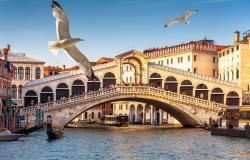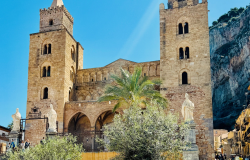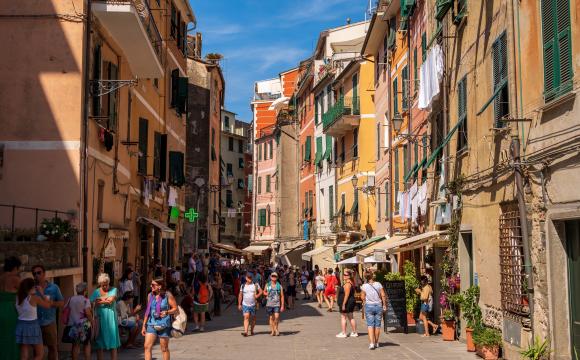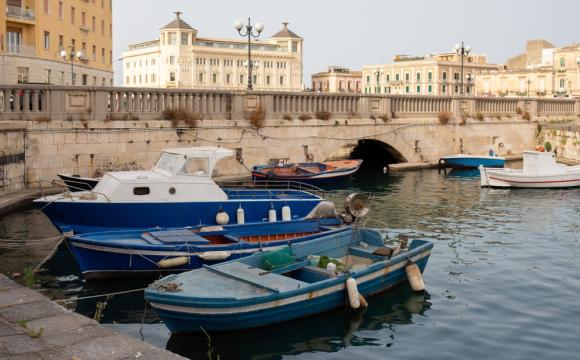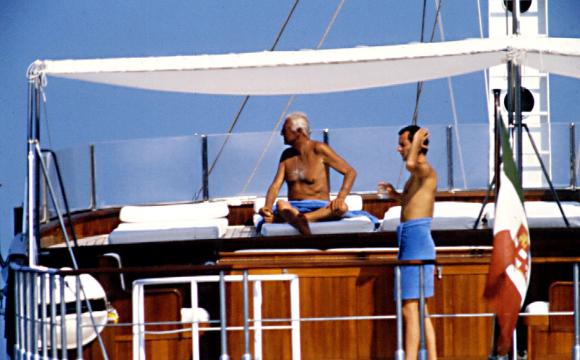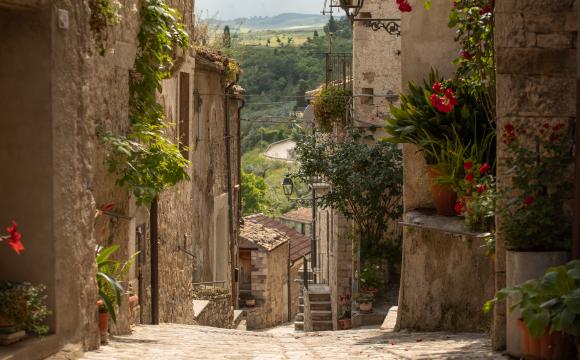Interior Minister Roberto Maroni said he was ''moderately satisfied'' after a meeting of European Union justice and interior ministers who examined the European Commission's proposals to help resolve the illegal immigration crisis in the Mediterranean.
''I'm moderately satisfied because a mechanism has been put into motion, even if on the level of contents we are still a long way from Italy's requests,'' he said.
Maroni said EU ministers had agreed with the long-held conviction of Italy, Malta, Greece and Cyprus - the southern Mediterranean countries bearing much of the weight of illegal immigration - that the issue must be treated as a European problem.
''Everyone agreed that illegal immigration in the Mediterranean is a problem for all European countries,'' he said. ''It's important that today nobody said it isn't a problem and that it should be taken off the agenda.
''I think we'll be able to get it onto the agenda of the European Council in June, at least as a document for the Swedish presidency to examine,'' he said, referring to the EU half-year presidency changeover in July, when Sweden is due to take the reins from the Czech Republic.
Maroni has said Italy will ask the EC to help it deal with the immigration issue by evaluating its two-pronged suggestion: the principle of burden sharing so that the 27 EU members would agree to provide hospitality for migrants arriving here; and reinforcing the role of its border agency Frontex by making it responsible for the creation and management of a European network of identification centres.
Before the meeting of EU ministers on Thursday, Maroni said a proposal drawn up by European Justice Commissioner Jacques Barrot last week was not ''sufficient'' but represented ''a good step forward''.
Maroni said Italy will seek to change Barrot's proposal that other EU countries should take on a share of immigrants arriving in southern Mediterranean countries from a voluntary to an obligatory basis.
It will also ask for a ''more incisive role'' for Frontex to carry out ''repatriation flights and to deal with the holding and identification of illegal immigrants via a European structure''.
Earlier this month Italy introduced a controversial new policy of turning back boats trying to reach Italy's southern shores to Libya as part of a historic friendship deal with Tripoli.
Italy has sent back nearly 500 would-be migrants since the launch of the policy on May 6 despite heavy criticism from the United Nations, the Catholic Church and humanitarian organisations.
Speaking in Geneva on Thursday, UN Human Rights High Commissioner Navi Pillay criticised ''the interception and collective return of migrants in the sea'', which she said could harm both ''their rights and health''.
''The human rights of migrants must be protected in their country of origin, of transit and of destination,'' she said.
Barrot meanwhile said he is preparing to visit Tripoli with the UN Refugee High Commissioner, Antonio Guterres, to begin talks on how Libya can contribute to the management of illegal immigration in the Mediterranean.
The commissioner reiterated that it was necessary for the UN refugee agency UNHCR to have bases in Libya that will allow it to vet the asylum claims of would-be migrants.
''The paradox is that people who want to claim asylum have to pay human traffickers to arrive on our coasts and have this status recognised,'' he said.







